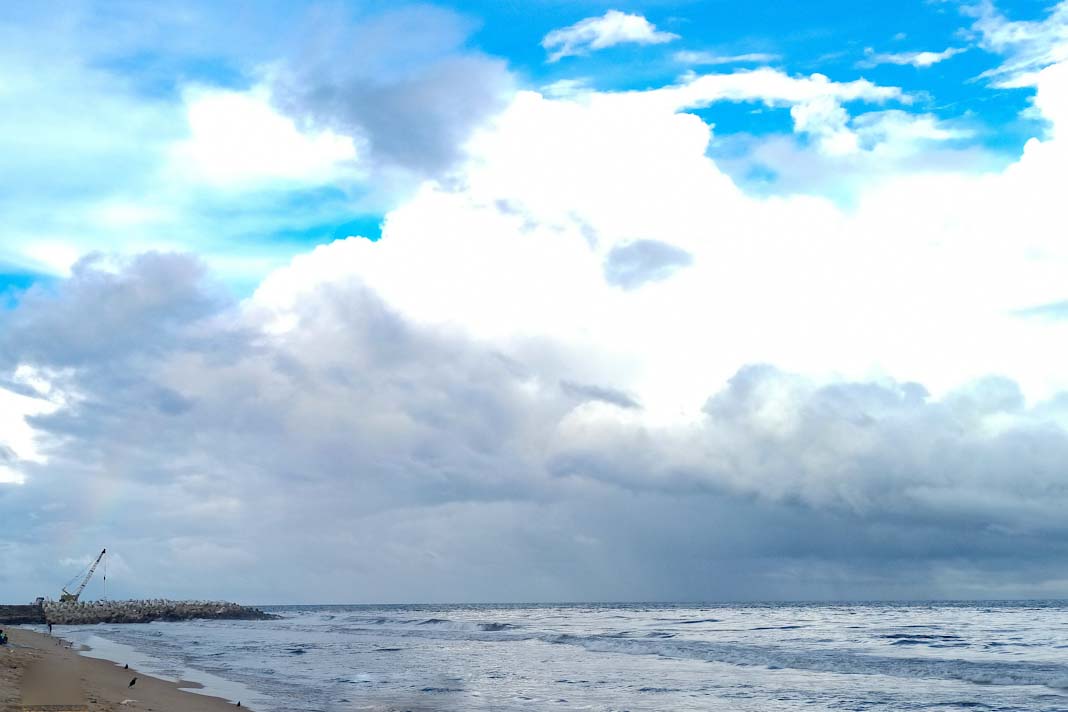
- The U.S. TEAMER program, funded by the Department of Energy, approved 15 marine energy projects in its 14th round of technical support, allocating nearly $1.9 million.
- Selected projects will focus on advancing wave energy converters, tidal turbines, mooring methods, and environmental monitoring.
- Applications for the 15th RFTS are open until February 7, 2025.
The U.S. Testing Expertise and Access to Marine Energy Research (TEAMER) program has announced its approval of 15 innovative marine energy projects, allocating nearly $1.9 million in funding through its fourteenth Request for Technical Support (RFTS). Supported by the U.S. Department of Energy and managed by the Pacific Ocean Energy Trust, TEAMER aims to fast-track the commercialization of marine renewable technologies, reports Offshore Energy.
Under this initiative, recipients will gain access to expert technical facilities, enabling advancements in testing, modeling, and design. Approved applicants are required to finalize their test plans before commencing assistance activities, TEAMER stated. The program has also opened applications for the fifteenth RFTS, with submissions accepted until February 7, 2025.
Selected Projects Overview
Key projects under the fourteenth RFTS include Buogra Limited’s testing of its Buogralon wave energy converter at the University of Maine and Deep Anchor Solutions’ certification work on the Deeply Embedded Ring Anchor in collaboration with the American Bureau of Shipping. Hydrokinetic Energy will test its turbine in open water conditions under third-party surveillance using facilities provided by the American Bureau of Shipping.
Laminar Scientific, in partnership with AMOG Consulting, will explore a nearshore mooring method designed to reduce capital expenditure. Michigan State University plans to assess the integration of floating offshore platforms with wave energy converters at the University of Michigan’s wave tank.
Additional highlights include the Morlais Marine Characterisation Research Project’s work on improving sonar classification for tidal energy monitoring at MarineSitu, and Ocean Energy USA’s assessment of station-keeping impacts on the OE35 wave energy converter with support from Sandia National Laboratories.
Collaborative Initiatives
- Ocergy will evaluate wave energy integration into its OCG-Data platform.
- Orbital Marine Power will develop adaptable environmental monitoring packages for floating tidal turbines in collaboration with the University of Washington and MarineSitu.
- The Pacific Northwest National Laboratory will test blade-integrated collision monitoring technologies at the University of Washington.
Other projects, such as PEAK LLC’s FlexOWC coastal wave energy converter, Poseidon’s Kite wave energy panel, and Wavepiston’s wave energy converter, will leverage resources and expertise from leading research institutions, including Sandia National Laboratories, the National Renewable Energy Laboratory, and Stevens Institute of Technology.
Applications for the 14th round of technical support began in September 2024, and TEAMER continues to advance its mission of fostering innovation in marine energy technologies.
Did you subscribe to our daily Newsletter?
It’s Free! Click here to Subscribe
Source: Offshore Energy















